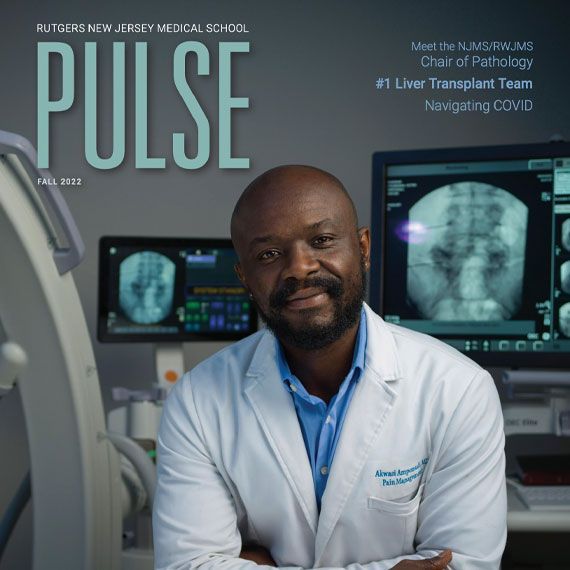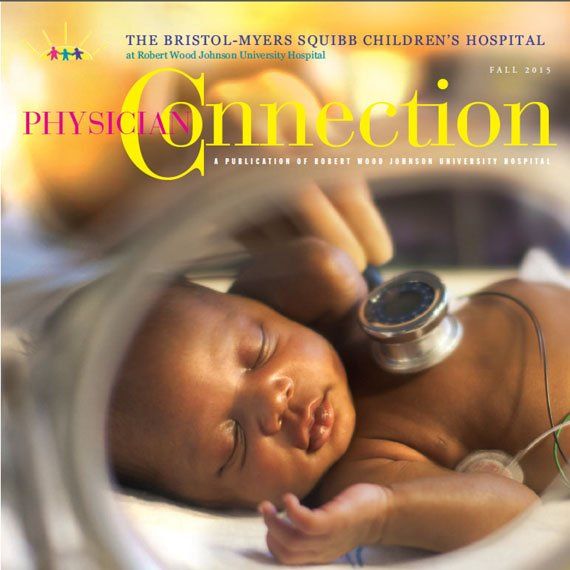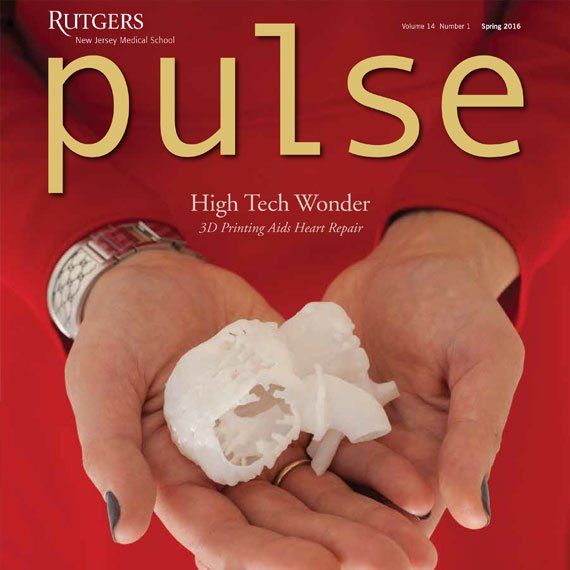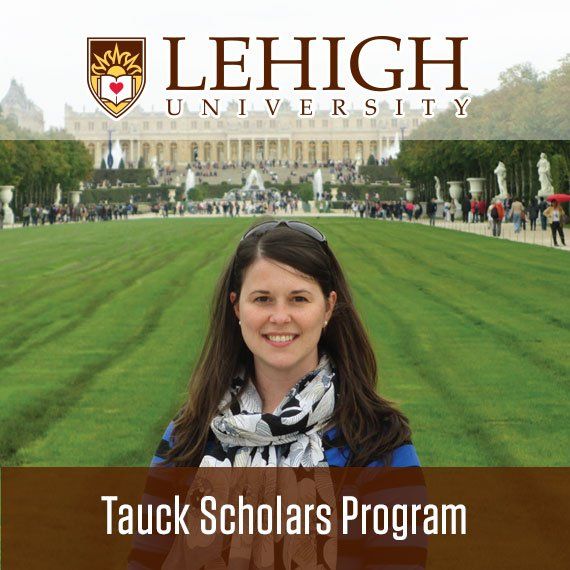Sibling Rivalry Never Grows Old
This morning one of my siblings sent an exasperating “dig” my way. I’m one of six children and right in the middle of the pack. I should be used to family dynamics by now – after all, I’m 67 – but of course, I’m not. What is absolutely extraordinary in this ordinary world of family life, is that sibling rivalry never grows old.
A Wall Street Journal article by Elizabeth Bernstein points out, “Much of what is written about sibling rivalry focuses on its effects during childhood. But our sibling relationships are often the longest of our lives, lasting 80 years or more. Several research studies indicate that up to 45 percent of adults have a rivalrous or distant relationship with a sibling.”
So I tried to step back from the emailed comment and examine it from different perspectives. It’s always important to shift your paradigm when trying to get a handle on emotions and to understand what is really happening. In fact, Jean Safer, a psychologist who has written books about sibling rivalry insists, “It’s a lifelong walk on eggshells.”
My grandchildren, Finn, 5, and Charlotte, 4, are right in the thick of their early sibling battles. They will fight over a stick in the back yard and there is almost no logical way to talk them out of their battles on occasion. Believe me, I have tried. But they also love each other so dearly that when you try to separate them to cool down, they can hardly wait to start playing together again. She loves Finnie. He loves Charlotte. As my son, their father, says, “They are like a married couple.”

Finn's first day of kindergarten! Willa, Erin, Charlotte, Finn and Zach all there to cheer him on.
Signe Whitson, a school counselor, writing in The Huffington Post , says that what siblings are learning, and what I learned growing up, is problem-solving. Of course, this is all about conflict resolution! I probably developed skills back in our Morrisville bedrooms trying to negotiate my way through childhood. Whitson says that sibling rivalry is also good because it teaches us self-control, forcing us to control our angry urges. And we learn so much about empathy and listening. Just listen to them talking after lights are out in a bedroom. There is absolutely nothing like having a sibling to make you put yourself in someone else’s place and try to understand what they may have been feeling before they shot off that dig.
As my daughter Maggie heads towards baby number two due in December, I am thrilled for Evie, the big sister who is about to embark on one of the most precious relationships of her life.

Her little brother will arrive in December!



















